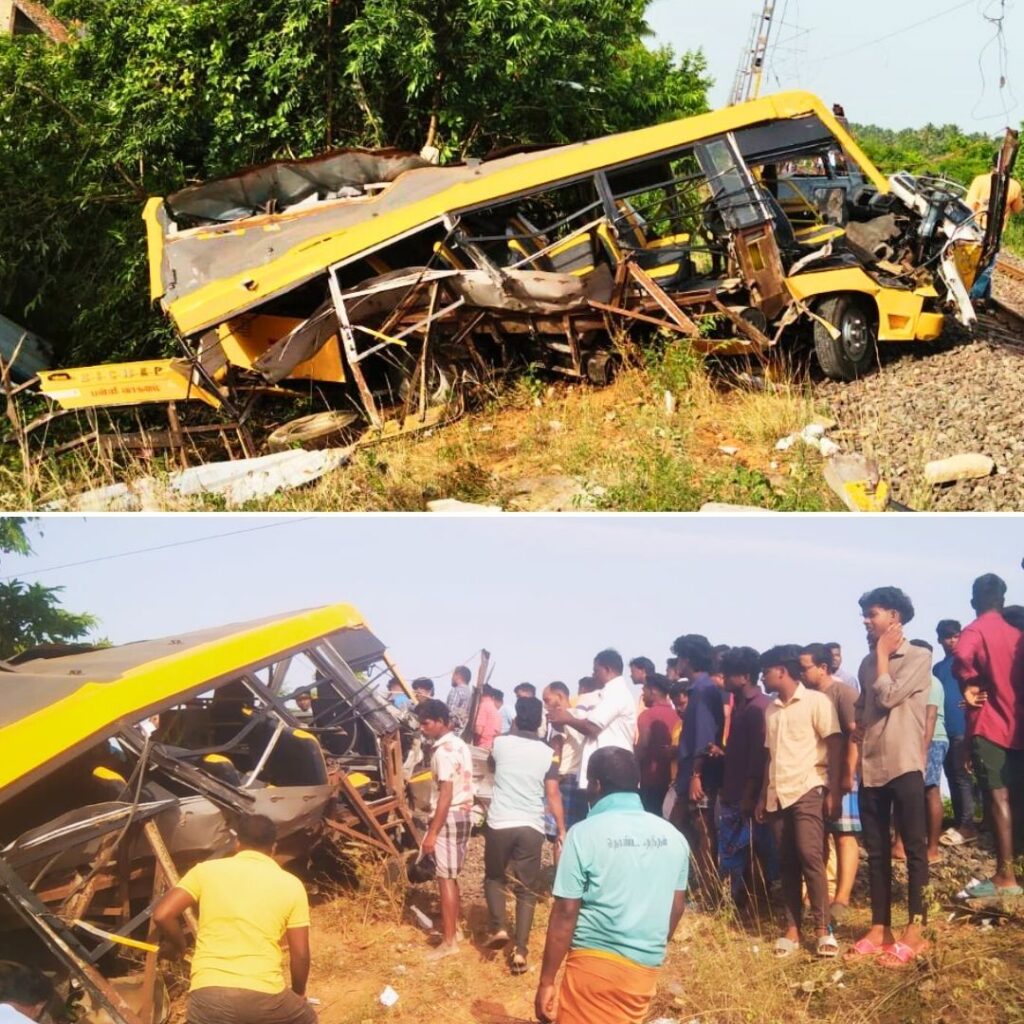Reacting to a shocking report released by the UN Security Council, the Indian External Affairs Ministry, on Tuesday expressed ‘serious concern’ to the constant presence of the senior leadership of al-Qaeda and a large number of foreign terrorists in Afghanistan.
‘The report vindicates India’s long-standing position that Pakistan remains the epicentre of international terrorism,’ a ministry spokesperson said.
A report released by the UN Security Council claims that nearly 6,500 Pakistanis among foreign terrorists are operating in Afghanistan and the Jaish-e-Mohammed (JeM) and Lashkar-e-Taiba (LeT) play a key role in bringing foreign fighters into the war-torn country.
It further says that Pakistani terrorists constitute a significant part of foreign fighters that are a threat to the security of Afghanistan because of their permanent presence and suspicious activities in the country.
The report points that Afghan officials highlighted Tehrik-e-Taliban Pakistan (TTP), JeM and LeT among the foreign groups posing a security threat. All three groups have a presence in the eastern Afghan provinces of Kunar, Nangarhar and Nuristan, ‘where they operate under the umbrella of the Afghan Taliban’.
External Affairs Ministry spokesperson Anurag Srivastava said that UN-designated entities such as LeT and JeM are ‘operating from Pakistan-controlled territories [were] facilitating trafficking and imparting training to other terrorists in Afghanistan’.
‘This vindicates India’s long-standing position that Pakistan remains the epicentre of international terrorism. That proscribed terrorist entities and individuals continue to enjoy safe havens and recruit, train, arm, finance and operate with impunity from Pakistan with state support,’ Srivastava said.
Lashkar-e-Tayyiba and Jaish-i-Mohammed were expected to have about 800 and 200 armed fighters in the region. The UN report states that both groups are responsible for carrying out targeted assassinations against government officials and others.
‘In Kunar province, LeT retains a further 220 fighters and JeM has a further 30, all of whom are dispersed within Taliban forces,’ according to the report.
‘Pakistan has failed in fulfilling its international obligations, including under UN Security Council resolutions and the Financial Action Task Force (FATF), to put an end to support to terrorism emanating from territories under its control. The world community should hold Pakistan accountable and seek sustained, verifiable and irreversible action against terrorism,’ Srivastava advised.
The report further added that the Haqqani Network, a major component of the Afghan Taliban continues to be close to al-Qaeda and that al-Qaeda chief Ayman al-Zawahiri met members of the Haqqani Network recently in February.
The report also highlighted the presence of Pakistani terrorists in the Islamic State’s Khorasan chapter, such as commander Abdullah Orakzai alias Aslam Farooqi, who was caught with 21 others in Kandahar in March.
Of the 21 captured, 12 were Pakistani officials.
Also Read: 2019 Pulwama-Like Attack Averted In J&K As Security Forces Defuse IED Recovered From Car











